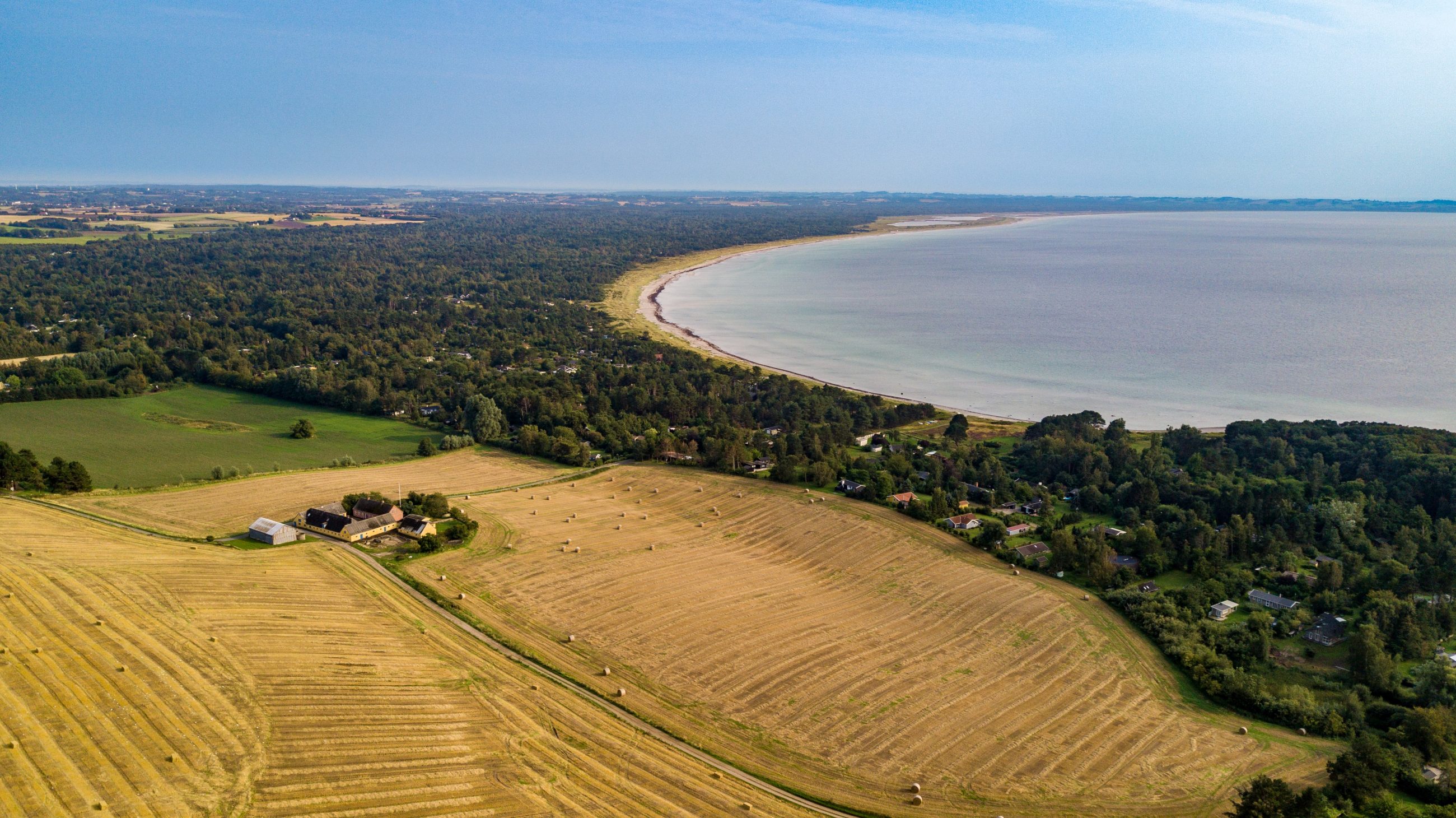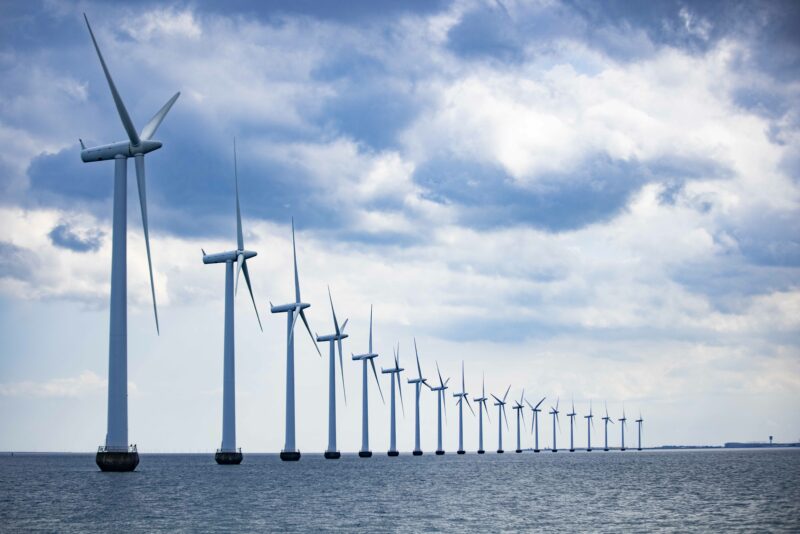News
District energy
District heating
Energy efficiency in industry
+6
Green tax part of new climate action plan agreed upon by large majority of Danish parliament


In May, the Danish government presented their climate action plan, which presented a range of actions that would reduce CO2 emissions. The target is a 70 per cent CO2 reduction by 2030 from the CO2-levels of 1990.
Now, the action plan has been agreed upon by a large majority in the Parliament with some additional initiatives. Theadditional initiatives will reduce CO2 emissions by, for instance, a green tax reform and an additional 1 GW wind park. The core elements of the climate action plan that the Danish government presented in May – such as the energy islands that are estimated to produce 5 GW – are still part of the plan.
“With the agreement, Denmark once again takes the lead in the green transition, and we are paving the way for a green recovery of the economy with some of the largest long-term infrastructure investments ever. We are creating two new energy islands, which means that Denmark will be the first country in the world to start a completely new era for renewable energy. At the same time, we will invest significantly in the development of future technologies and are taking important steps towards a green transition of the heating sector and of the Danish industry,” said the Danish Minister of Finance, Nicolai Wammen, in a press release.
Particularly, the green tax reform has been of high interest for many Danish parties. The details of the tax reform are not yet set in stone. However, the Danish government has promised a draft for the tax reform after the summer holidays, which will subsequently treated and negotiated in parliament.
-Related solution: Bornholm can become the world’s first energy island
1.4 million tonnes CO2 in additional reductions
When the Danish government presented their climate action plan in May, the plan was estimated to cut emissions by two million tonnes before 2030. Now, the plan with its revised and additional initiatives is estimated to reduce CO2 by 3.4 million tonnes.
Part of the reason for this increase is an even bigger focus on expanding offshore wind energy. The climate action plan agreed upon by the Parliament will see the construction of offshore wind farms and energy islands with a total capacity of 6 GW by 2030. That is three times Denmark’s current offshore wind capacity.
“With the establishment of the world's first two energy islands and the world's largest investment in green fuels, Denmark is taking global climate leadership seriously again. We show the rest of the world that climate action and economic recovery go hand in hand,” said the Danish Minister for Climate, Energy and Utilities, Dan Jørgensen in a press release.
The wind energy produced at the offshore wind parks and at the energy islands will also be used to produce green fuels through Power-to-X technology (PtX) - the production of green fuels such as hydrogen by electrolysis using green electricity. Thereby, the ambition is to use all the energy produced by the wind turbines, even when electricity consumption is low.
-Related solution: Giant wind turbine blade captures more energy from the wind
Optimising energy use
A central part of the action plan is a focus on the technologies of tomorrow. Part of the climate action plan is to allocate EUR 108 million to research, test and develop solutions that can capture and store CO2. PtX is of particular interest.
Therefore, part of the action plan is to establish a large-scale PtX plant that will have a total capacity of 100 MW. That is five times the capacity of the largest PtX plant in the world. This plan has also strengthened a partnership between the Netherlands and Denmark as the Dutch have decided to invest EUR 130 million in the establishment of the plant.
“In Denmark we have a really good starting point for developing Power-to-X. We have significant wind resources, a well-functioning energy system and strong business skills. The Netherlands has a great deal of experience in hydrogen production. The partnership is not only a unique opportunity to finance some of our green ambitions, it will also strengthen international cooperation and knowledge sharing in the field,” said Dan Jørgensen in a press release.
The agreement, together with the agreement on a green waste sector, forms the first part of the government's overall climate action plan. After the summer holidays, further political proposals will follow, e.g. within transport and agriculture.
-Related solution: Hydrogen produced from wind for the transport and industry sectors
Contents of the climate action plan
The agreement contains the following initiatives:
- Establishment of the world's first energy islands
- Transition to market-driven expansion of solar cells and onshore wind
- Investments in the green technologies of the future: Power-to-X and CO2 capture
- Green restructuring of the industry
- Support for biogas and other green gases
- Energy efficiency initiatives
- Green redistribution of heating taxes
- Promotion of utilisation of surplus heat
- Phasing out of individual oil and gas boilers
- Green district heating
- Sustainability requirements for biomass for energy
- Green transport pool
- Green tax reform
Read the climate action plan here (in Danish).
Read some of the responses to climate action plan from Danish stakeholders here:
The Confederation of Danish Industry (in Danish)
Photo: Rahbek Media
You should consider reading
solutions
Combined heat and power production
+6
CopenHill: The story of the iconic waste-to-energy plant
20 November 2024solutions
Energy efficiency in buildings
+2















